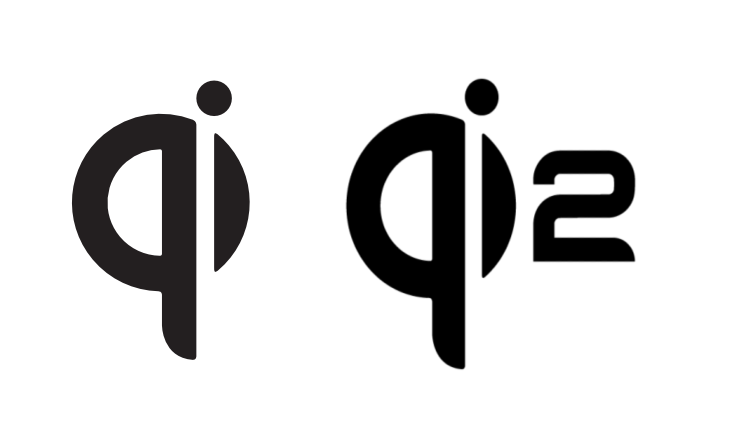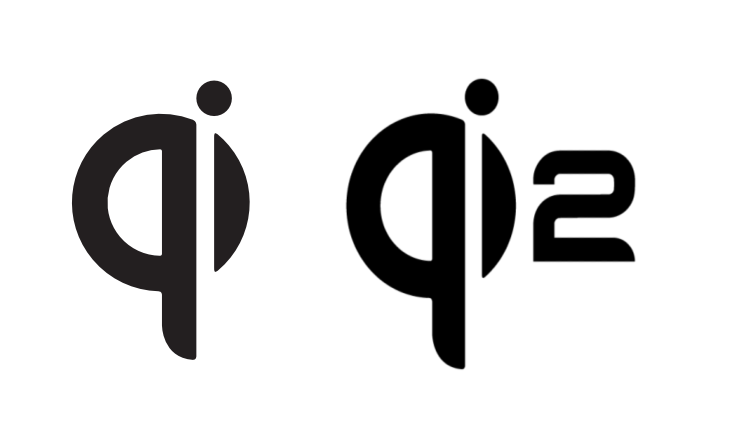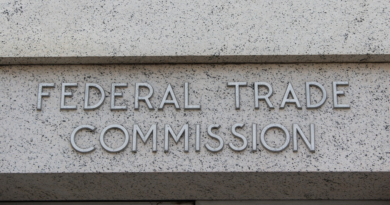What’s up with Qi2 and why should you care?
If you’ve been following the onslaught of gadget news out of Berlin this week, you’ve no doubt heard Qi2 pop up more than once. Notably, Anker and Mophie have both announced products that adopt the standard.
So, [Seinfeld voice] what’s the deal with Qi2? Should you care and can the sequel ever truly be better than the original? To answer the last two questions first, probably and definitely. Qi is more than a simple upgrade to the ubiquitous wireless charging standard.
You’re likely well-acquainted with Qi gen one, which — believe it or not — has been kicking around since Obama’s first year in office (hope, change, wireless charging). Nokia officially adopted it for the Lumia 920 — Nokia-Nokia, mind — not HMD Nokia. Windows Phone 8 Nokia. Samsung quickly followed suit with the Galaxy S3. The standard was well-established in the Android world by the time Apple adopted it for the iPhone 8.
Qi has displaced most of the competition on both devices and accessories. It’s now fairly common to see it built into the furniture in public space where people sit around for a long time. According to the Wireless Power Consortium, more than 9,000 Qi Certified products are currently for sale.
Fifteen years after debuting the original, Qi is set to arrive in Q4, first by way of third-party accessories. The WPC has touted improved power efficiency — which means less power is lost in the charging process.

Image Credits: Wireless Power Consortium
For most users, however, the most significant upgrade is the “Magnetic Power Profile.” That means that — in order to be certified — manufacturers need to add magnetic locking. One reason Qi has lacked efficiency is that it can be a pain in the ass to get the device perfectly aligned with the charge. Adding magnets to the device and charger, however, means it will snap into place.
Think the iPhone’s MagSafe, but across devices. In other words, expect a lot of Android handsets to get their version of MagSafe in the coming years. In spite of Apple’s initial delay in adoption, however, the safe money is on the iPhone 15 becoming one of the first handsets on the market to support Qi 2 (maybe Apple will brand it “MagSafe 2,” who knows?).
“Qi2 will enable development of faster wireless charging while ensuring the process remains safe, won’t shorten battery life and won’t damage the receiver,” writes the consortium. “Qi2 will enable new product innovation in other ways, too. The magnetic locking feature will support new product form factors, like an AR/VR headset. It will also support new types of accessories that magnetically attach to the back of the phone, like an extra battery.”
Apple, Samsung, Lenovo, Qualcomm, Google and Microsoft are among the 344 companies presently involved in the consortium, so expect this thing to roll out fast. The new standard will be backward compatible with its predecessor, though pairing a Qi2 device with a Qi2 charger is going to be the quickest/most efficient.




